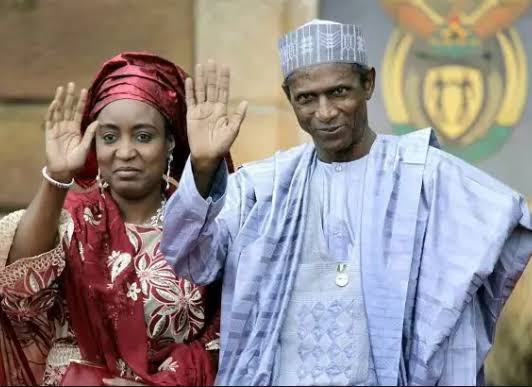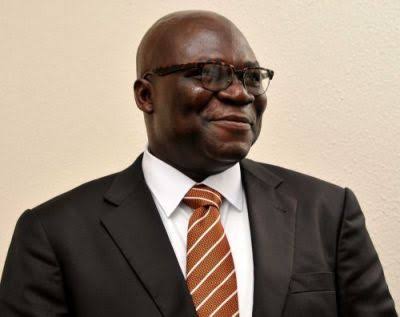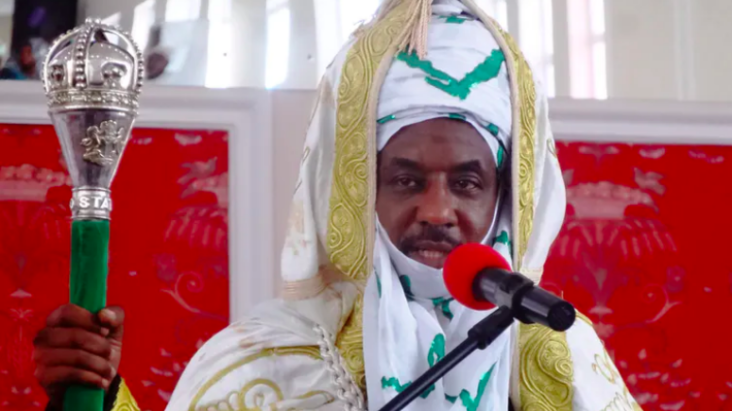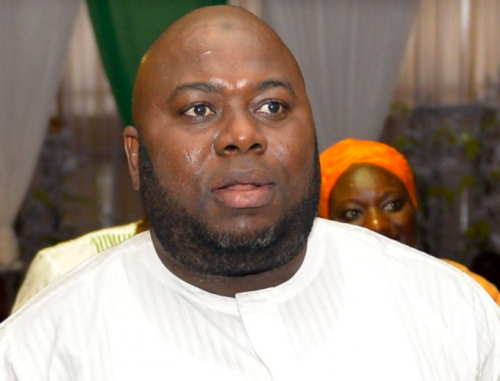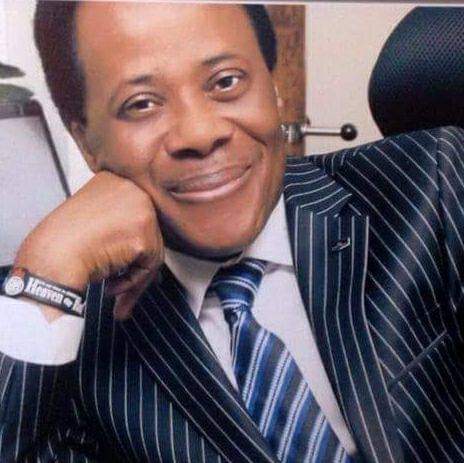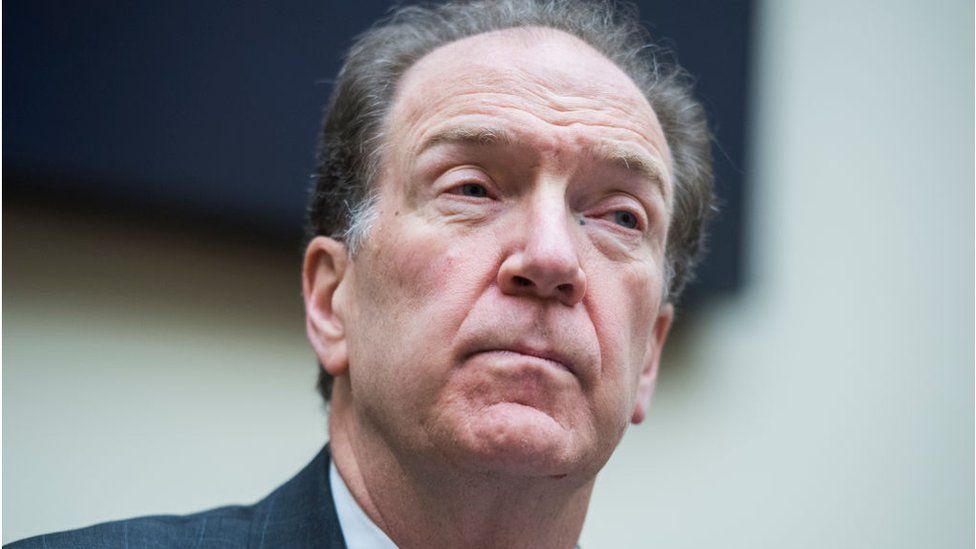On the 13th memorial of the death of former President Umaru Musa Yar’Adua, his wife Hajiya Turai, has stated that her husband lived a simple and corrupt-free life.
Turai spoke in an interview with the BBC Hausa Service in Kaduna on Saturday.
“He was simple. He was not carried away by worldly things. For example, he could be using a wristwatch continuously until the strap gets broken into two. Unless I see it, he would continue to use it like that,” she stated.
My husband was not taking alcohol, he would not go after women and he was not corrupt. He was a very simple person who did not attach importance to worldly things. Even leadership, Allah destined he would be but he wasn’t that ambitious about it”.
Speaking on life without her husband, the former First Lady said: “I think about him everyday. Every day seems like any other day. The only difference is that today, people gathered to pray for him, eulogize him and I’m happy. I thank them.”
Recalling the last moments with the late President, Turai regretted leaving him to break her fast. “I was fasting on that day. In fact, I had been fasting non-stop from when he took ill and even after he died, I did not stop. So when it was time for me to break my fast, he was lying down looking at me. I felt he did not want me to leave, so I told him I was going to break my fast. He then shook his head and I left. I was later called and I met him struggling with his breath. That moment still lingers in my mind. I even quarrelled with myself on why I left to break my fast, I should’ve stayed.”
Continuing, Turai noted that her interest in politics died with her husband, even as she disclosed that she was still in a good relationship with YaÁdua’s political associates including former President Goodluck Jonathan.
She said: “I don’t will be involved in partisan politics. I knew what’s politics, I was in politics during my school days. When my husband was President of the Katsina Students Union, I was an executive member. But when Umaru died, my politics also died. But the children and grandchildren, I will continue to pray for them, for whichever pathway Allah has chosen for them.”
On what she missed most about her late husband, Turai added: “Our marriage was full of happiness. People were saying they had never seen our kind of relationship. I was like a new bride every day. That was why he always returned home straight from the office. So, even if I travelled, once I reached my destination, he would be the first person I would call. That was what I really missed. The first time I travelled and no one called me to Turai how was your trip?’ That was the first time I cried over his death.”
The former First Lady urged Nigerians to continue to pray for the country. “Looking at how this country has become, they should continue to pray. Only prayers can heal Nigeria. The way things happened, only Allah will remedy the situation. We’ve no other country but Nigeria. May Allah uplift Nigeria and bring an end to these myriad problems in an easy way,” she said.
